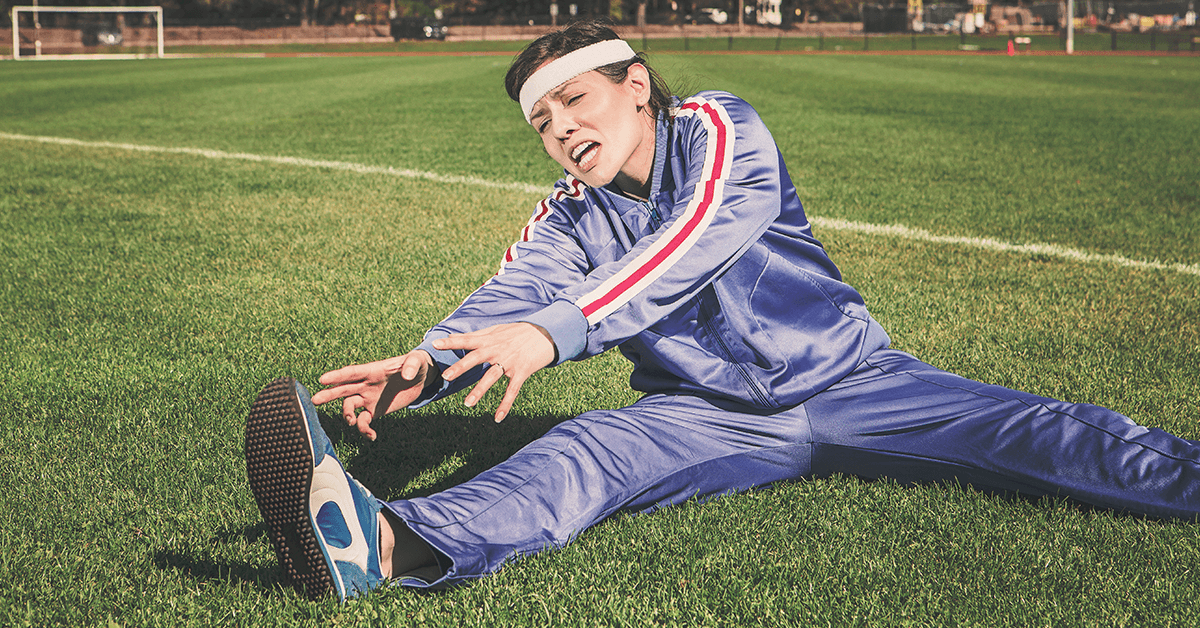Creating new habits to improve our health and wellbeing takes time and effort. Once established, it’s then easier to enjoy and maintain them.
Except sometimes circumstances change and unless we notice, we can lose the benefit of that once healthy habit. It’s about knowing when to step it up or do something different.
Our first canine addition to the family arrived 15 years ago as a very cute and very bouncy Border terrier called Homer and a new morning routine was quickly established. After a quick cup of tea and meditation practice, Homer and I would slip out the front door to enjoy the early morning sunlight for a walk.
Sometimes we headed down to the beach, sometimes to some local bushland. Regardless of the destination, we walked fast and for a long way.
Time has passed.
Homer is not as spritely as he was once. Arthritis and age have slowed him down. His sprint is now a sedate stroll and he’s content to meander from tree to bush for a sniff and pee. We’re still out and about, but our morning constitutional is no longer of sufficient intensity to help me maintain my physical, mental and cognitive health.
Something had to change. A new habit was required and it took a bit of trying out of different activities to find something I enjoyed and was willing to commit to.
Being easily bored I needed something with plenty of variety and someone to be accountable to.
Now Homer and I still go for our walks, but I also go to a combined Pilates and cardio class three to four times a week.
Getting enough physical activity into our day matters for a number of reasons including being essential for better thinking.
Regular aerobic exercise improves cerebral blood flow and improves our effectiveness in learning new material, creating insight and paying attention. It’s even been shown how exercise increases the size of the hippocampus, the part of the brain used for learning and memory, directly translating into an improvement in our ability to remember and recall information.
With so much to be gained from getting more physical it’s a bit sobering to know that according to the World Health Organisation, up to 60% of us fail to get the recommended 30 minutes a day, or 150 minutes per week of aerobic exercise.
What a waste of potential brainpower!
If your cognition is in need of a bit of a boost, adding in some additional physical activity is the way to go. Look for those opportunities to stand up and move more:
- If your job is sedentary, try setting an alarm to get up and have a stretch or walk for 5-6 minutes every hour.
- Try stand up or walking meetings.
- Stand while talking on the phone. That’s a great time to go off for a little wander too (assuming you’re on a mobile or hands-free!)
- Take the stairs rather than the elevator and remember walking downstairs is just as good for you as walking up.
- Schedule in your daily hour of power – a brisk walk (without the old dog) a jog around the park, a cycle around the river or a session down the gym. By making it a habit, it’s no longer a chore and becomes something you start to look forward to, especially when those endorphins kick in that make you feel so good.
- Stretch those muscles. The SMART study showed that developing stronger muscles boosts brainpower. Yay! Lead researcher Dr. Yorgi Mavros from the faculty of Health Sciences at the University of Sydney said
“The greater strength acquired, the greater the benefit to the brain.”
Far from chewing up valuable work time, your physical activity time primes your brain for better performance and greater efficiency.
With that extra spring in your step, you’ll get more done in less time, enjoy a more positive mood, find it easier to switch off and sleep better too.
It’s about making the decision to move more, then creating that habit through simple repetition and practice, followed by checking in periodically to make sure your habit is still serving you well because even the best of habits occasionally need adjusting.


